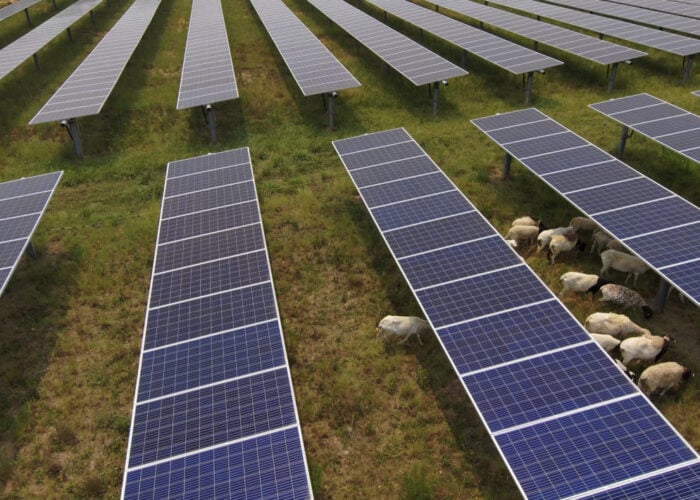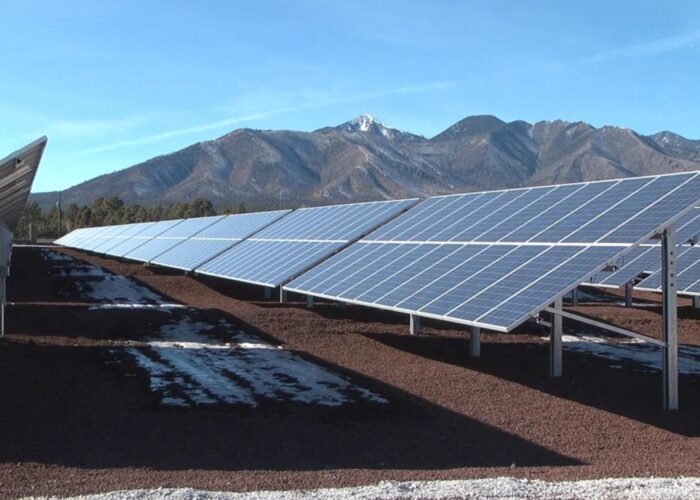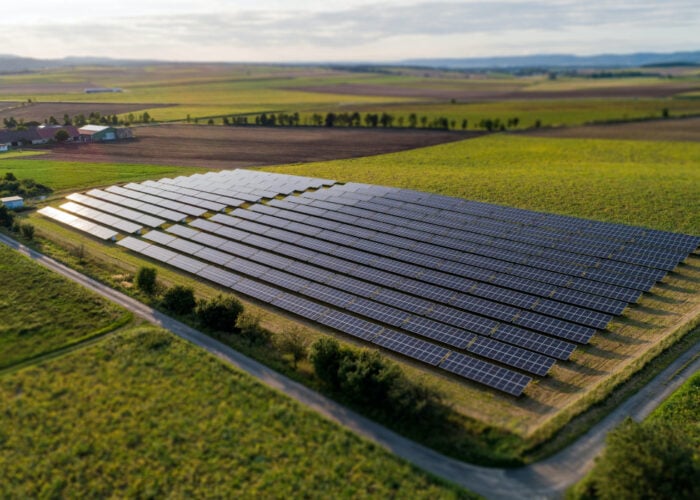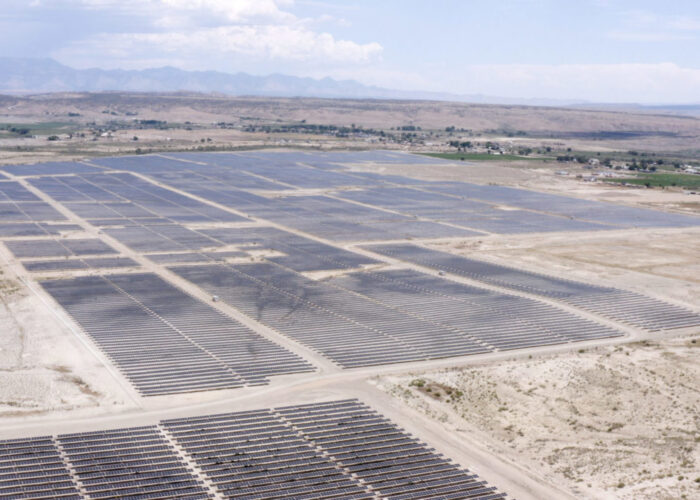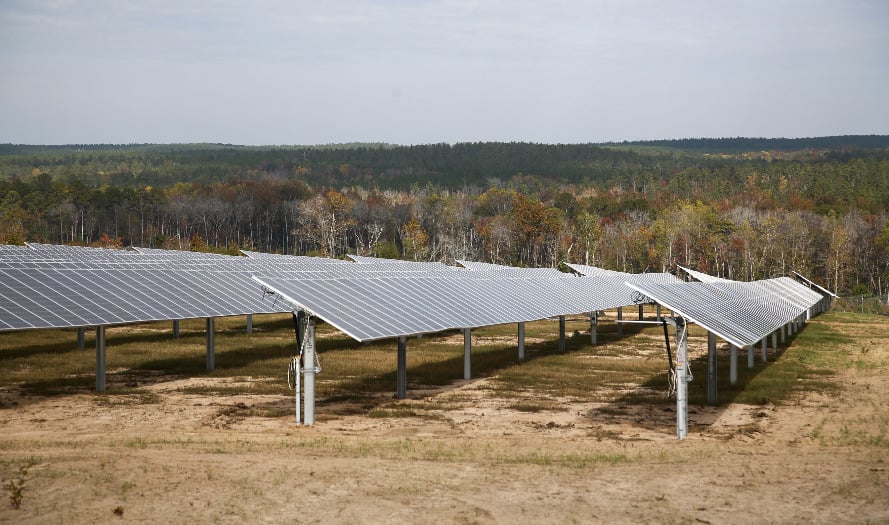
South Carolina’s Public Service Commission (PSC) rejected Duke Energy’s Integrated Resource Plan (IRP) for the Carolinas because of poorly made assumptions and told the utility company to change its IRP in response from the solar industry.
The IRP included measures that would have impacted electricity retail rates, availability of solar-plus-storage power purchase agreements (PPAs), coal plant retirement, and other energy events in the state.
Unlock unlimited access for 12 whole months of distinctive global analysis
Photovoltaics International is now included.
- Regular insight and analysis of the industry’s biggest developments
- In-depth interviews with the industry’s leading figures
- Unlimited digital access to the PV Tech Power journal catalogue
- Unlimited digital access to the Photovoltaics International journal catalogue
- Access to more than 1,000 technical papers
- Discounts on Solar Media’s portfolio of events, in-person and virtual
Kevin Lucas of Solar Energy Industries Association (SEIA) was an expert witness for the Carolinas Clean Energy Business Alliance (CCEBA). “The Duke Energy IRP contained a number of bad assumptions and methodologies that would have supported too much Duke-owned natural gas generation instead of developing more competitive solar, storage, and demand-side resources,” said the senior director of utility regulation and policy.
The PSC ordered Duke Energy to reconsider large parts of the IRP, such as updating its cost assumptions for solar PPAs and other projects, updating its natural gas price forecasts, and increasing the amount of solar energy that can be added to the grid each year.
“Now that Duke is going back to the drawing board, it’s important that its modified IRPs take a more realistic approach and consider the true cost-competitiveness, economic benefits, and reduced risk of solar and storage,” said Lucas.
Duke Energy is required to file modified IRPs within 60 days of the order.

